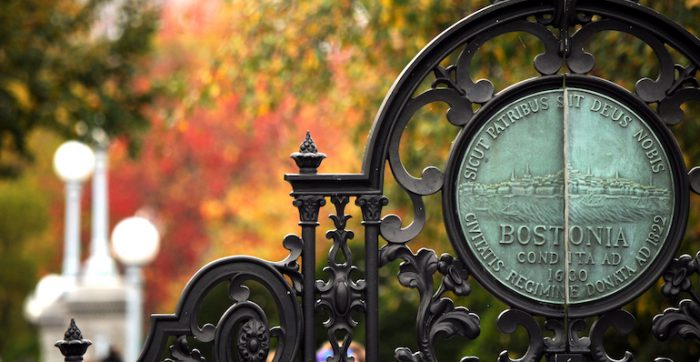Elana Cole, ERS, for Zondits
In 2016, Mayor Marty Walsh signed the Metro Mayors Climate Mitigation Commitment, pledging that the City of Boston will achieve carbon neutrality by 2050. In support of this effort, the Green Ribbon Commission released the “Carbon Free Boston” report in January 2019, a long-term framework and ambitious plan to identify the most effective combination of technologies and policies to reduce greenhouse gas (GHG) emissions.
The Carbon Free Boston initiative presents an opportunity to pose Boston as a national climate leader and support the city’s residents by increasing the quality of life through greener spaces and reducing congestion and air pollution. By doing so, the City of Boston is collaborating with many parties to help design modeling platforms, provide policy recommendations, and curate an implementation roadmap.
The strategies proposed in Carbon Free Boston reduce GHG emissions across the following sectors:
Energy: Much of Boston’s current and future carbon emissions will depend on the emissions intensity of New England’s electrical grid. The report explores the range of future possibilities for New England’s grid while reducing energy consumption, electrifying services once dependent on fossil fuels, and procuring zero-GHG fuels and electricity.
Buildings: Boston is known for its historical buildings, and therefore the city plans to explore deep-energy retrofits and electrification programming, requirements, and incentives in Boston’s existing buildings. New construction buildings will also target net zero design.
Transportation: This automobile-centric city will support electric vehicle adoption and installation of new charging stations, expand and improve the biking and walking infrastructure, and advance the current public transportation system.
Waste: Boston iscommitted to becoming a “waste- and litter-free city.” The initiative encourages residents to reduce and reuse, recycle more, and increase composting, and the City will enhance its waste diversion efforts. Other efforts are focused on source reduction policies that reduce waste generation, such as the City’s ban on plastic bags, a policy that went into effect December 14, 2018.

The Carbon Free Boston report is supported by science. Several recent reports, including the United Nations Intergovernmental Panel on Climate Change report from October and the most recent National Climate Assessment, have forecasted severe impacts from global warming. Scientists are stressing that fighting global warming is not going to get easier, and legislators and climate activists pleaded with leaders on Beacon Hill on May 14 not to wait to accelerate the state’s 11-year-old carbon emission reduction goals.
Carbon Free Boston shines a light on a plan that details strong recommendations and steps to reduce emissions and prepare for climate change. It highlights how action taken toward carbon neutrality – which will essentially transform the city’s buildings, transportation, waste and energy systems – could not only affect socially vulnerable populations but also create a cleaner, healthier city.
The top graph shows the emissions forecast for Boston without additional reduction in emissions from the Carbon Free Boston initiative. These reductions are mainly driven from federal vehicle fuel efficiency standards and the Massachusetts Clean Energy Standard, reducing the GHG intensity of the electricity grid. The bottom graph shows the path Boston must follow with strong support and implementation from Carbon Free Boston to achieve carbon neutrality by 2050, following efficiency measures in the transportation, building, energy, and waste sectors. To stay on track, interim goals have been established of a 25% and 50% reduction by 2020 and 2030, respectively, relative to a 2005 baseline.
